As your toddler turns two you’ll find they’re learning to be more and more independent. Here are some tips on how you can help them learn, practice and develop their skills.
Getting moving
Your toddler’s learning to move in even more ways, so they can…
- climb on a chair to reach something high up
- walk up and down stairs – putting a foot on each stair
- kick a ball forward and throw it overhand
- balance on one foot for a few seconds
- sit on a small trike.
You can help by...
- Making your home safe so that your child can explore things. Our page on making your home safe has lots of tips.
- Taking them outdoors (perhaps to the park) so they can run, jump and climb.
- Going swimming with them – and keeping a close watch while they’re in the water. Our page on water safety has more tips.
- Holding their hand as they go up and down the stairs.
- Putting on some music and dancing to it together.
Hands and fingers
Your toddler’s learning finer hand and finger movements, so they might…
- turn the pages of a book one at a time
- build a tower of more than six blocks
- hold a pencil and draw straight lines (as well as scribbling in circles)
- screw and unscrew lids
- sort objects by shape and colour.
You can help by...
- Reading to your toddler as much as possible. You can check out our top tips for story time here.
- Providing blocks and other objects for them to play with.
- Giving them paper to draw on and encouraging them to make marks.
- Letting them use a spoon and fork if they want to.
- Getting them to help you with food preparation – washing fruit, snapping green beans or pouring milk over cereal.
- Making sure anything dangerous (like button batteries, pills or cleaning products) are kept in jars and bottles with safety caps and that they're safely hidden away.
- Let them practise dressing themselves – when there’s time anyway!
Learning and imagination
Your toddler’s grasping more complex ideas, so they might…
- play pretend games
- copy adults and other kids
- start to test their boundaries and get their own way
- throw a tantrum in moments of frustration
- want to play with other kids
- begin to have strong likes and dislikes for toys, colours and playmates.
You can help by...
- Playing pretend games with them.
- Staying calm during any tantrums – and calmly explaining afterwards that there are better ways to act. Our pages on toddler tantrums have more advice.
- Being patient when your wee one smears your favourite lipstick all over their face – it’s fun to copy your routines.
- Letting them join in family meals, so that they can learn to enjoy eating with other people.
- Getting them more involved with looking after themselves, for example, by reminding them to wash their hands before and after eating, and after they’ve been to the loo.
- Arranging for their playmates to come over, so your little one can learn about taking turns and sharing.
Speech and language
All children develop at a different rate, but by the time they're 3 children will usually…
- listen to and understand a simple story with pictures, although they can still get easily distracted at times
- understand longer instructions, such as ‘make teddy jump’ or ‘put daddy’s cup on the table’
- understand simple ‘who’, ‘what’ and ‘where’ questions
- understand the words ‘big and ‘little’
- understand lots of words, at least 300
- put 4 or 5 words together to make short sentences, such as ‘me want more juice’ or ‘he took my ball’
- ask lots of questions – they will want to find out the name of things and learn new words
- use action words such as ‘run’ and ‘fall’ as well as words for the names of things.
- start to add ‘s’ to words to show there is more than one of something, for example, ‘shoe’ becomes ‘shoes’
- say the sounds p, b, t, d, m, n, w, k and g in words when they are talking. They may still make mistakes with how they say words, and might have difficulty saying more complicated sounds like sh, ch, th and r. However, people who know the child can mostly understand them
- start to talk about themselves, for example, saying what they like and don’t like
- answer simple questions about objects, for example ‘which one do we eat with?’
At this stage your toddler may sometimes sound as if they're stammering or stuttering. This is usually because they're trying to share their ideas and can’t quite get their words out. This can be a perfectly normal stage to go through, but if it continues for more than a couple of months you may want to talk to your GP or health visitor.
You can help by…
- getting down to their level
- waiting and watching before joining in
- copying their words and sounds and adding a bit
- talking to them whatever you're doing.
You can find more tips for encouraging your child's speech and language here and you can find out more about toddler's speech and language development on the Speech and Language UK website.
 Activities & Play
Activities & Play Behaviour
Behaviour Childcare
Childcare Development & Growing Up
Development & Growing Up Family, Friends & Relationships
Family, Friends & Relationships Feeding Your Baby
Feeding Your Baby Food & Eating
Food & Eating Health & Safety
Health & Safety Mental Health & Wellbeing
Mental Health & Wellbeing Money & Work
Money & Work Online Behaviour & Safety
Online Behaviour & Safety Pregnancy & First Days
Pregnancy & First Days School & Education
School & Education Sleep
Sleep

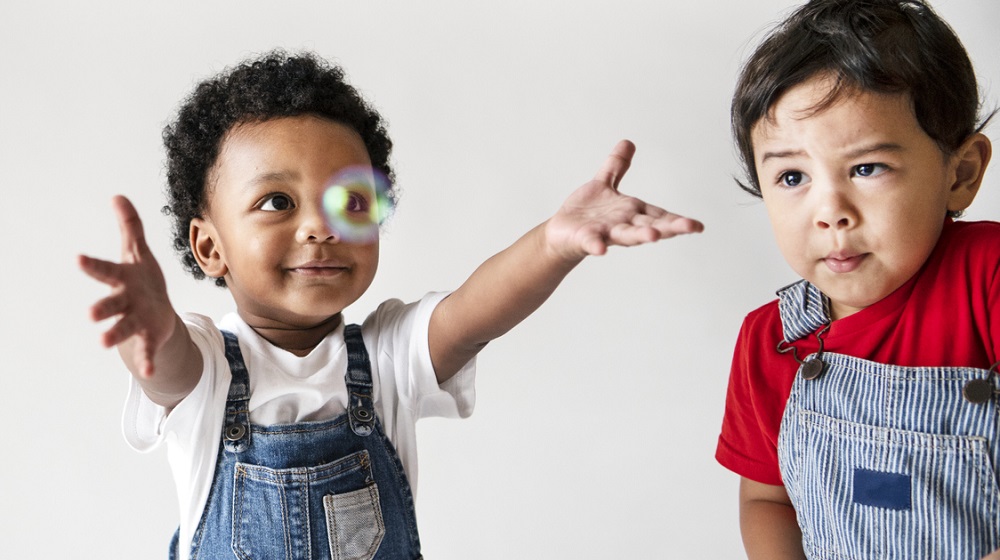
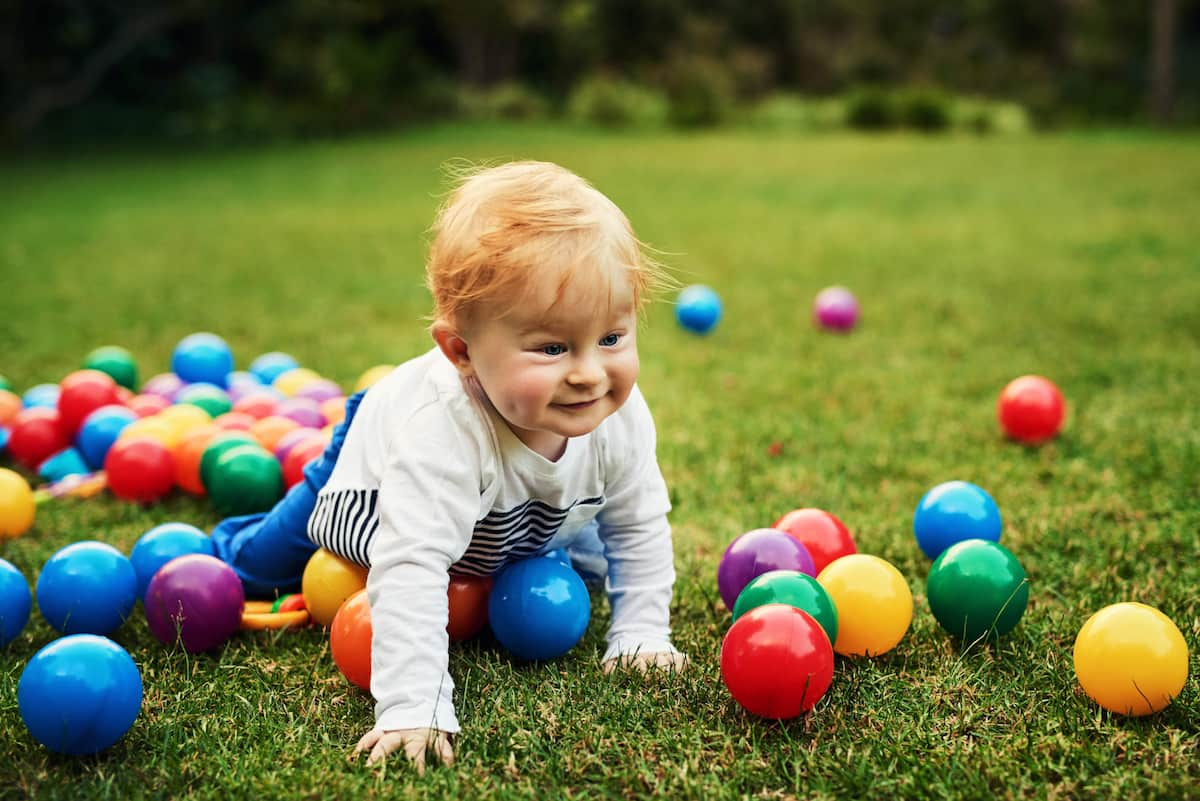
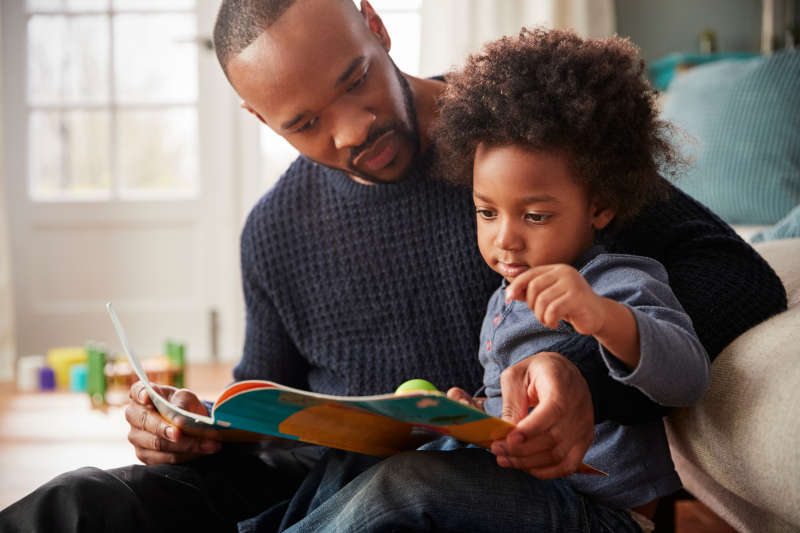
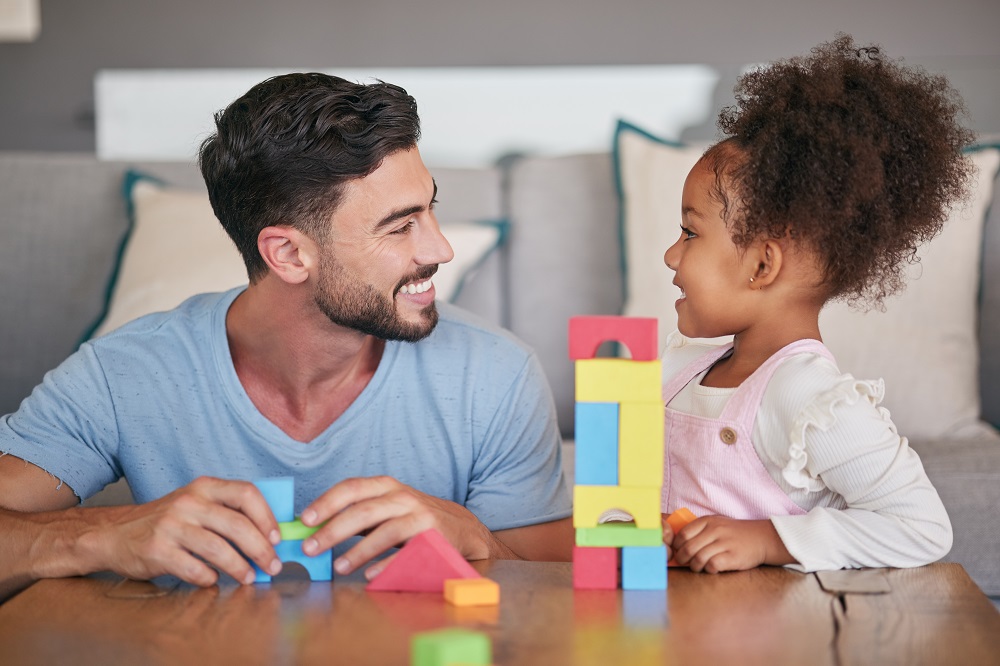
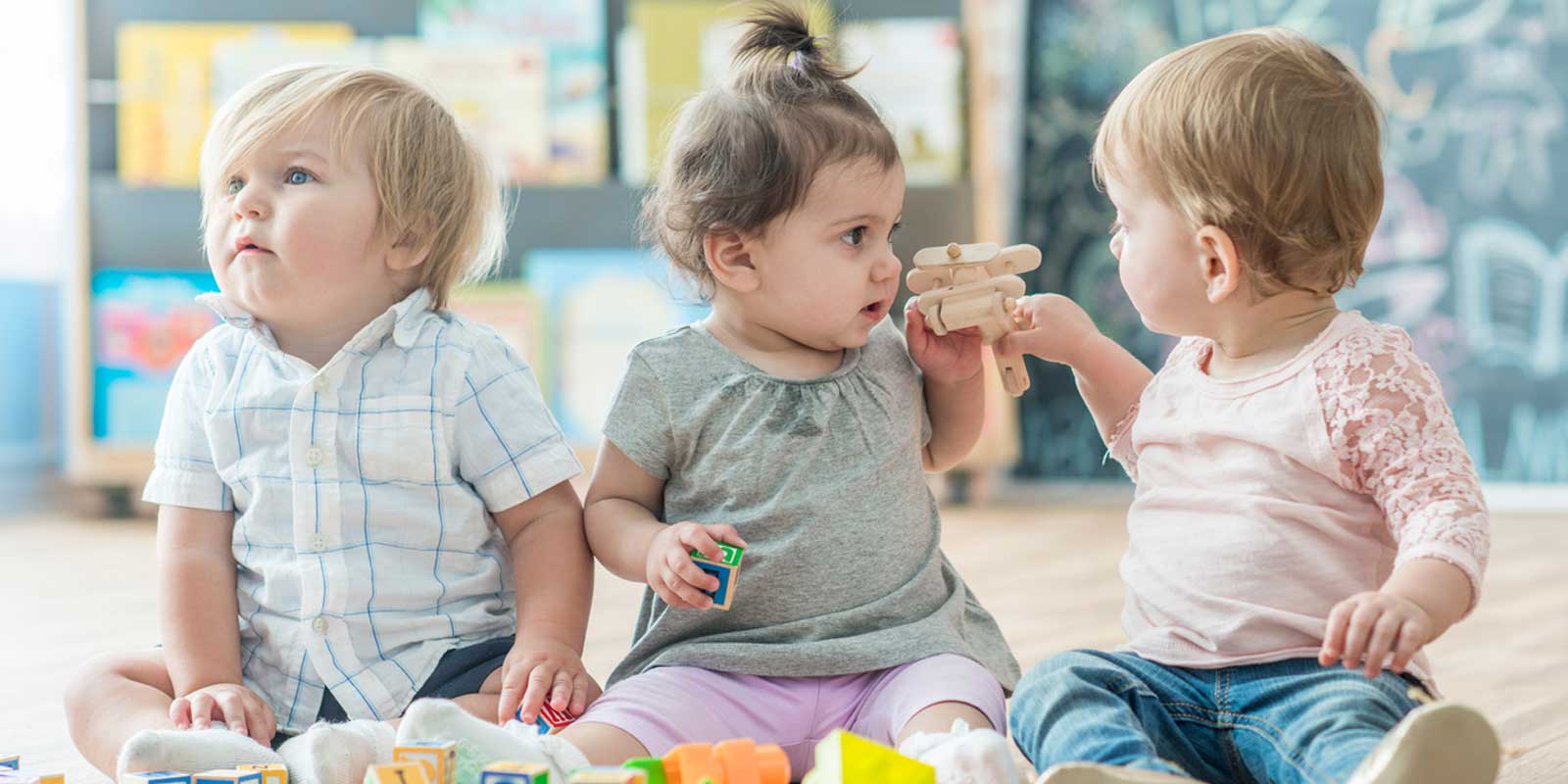
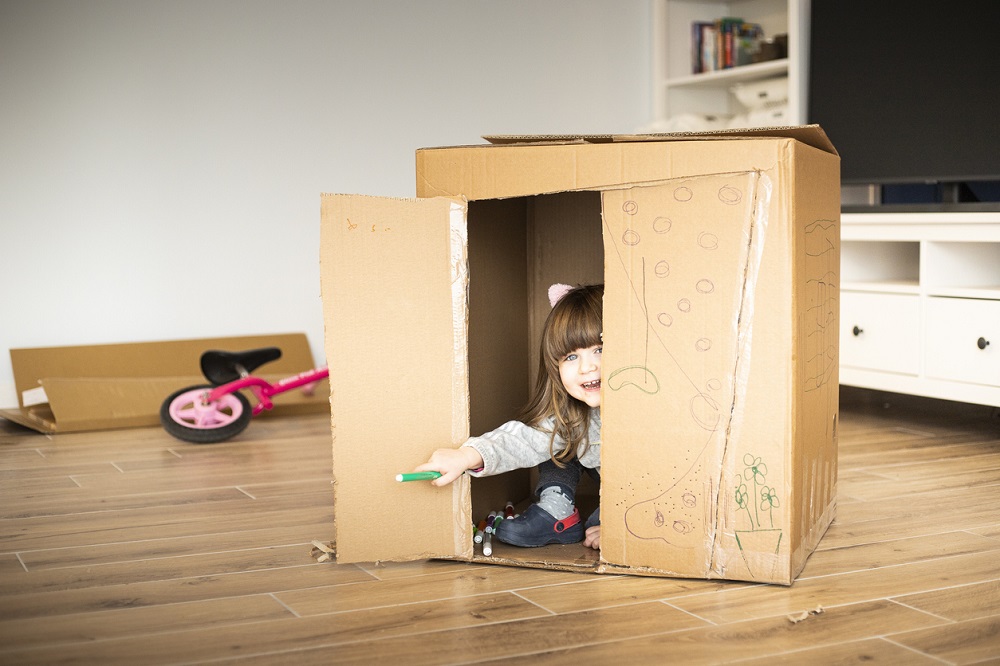
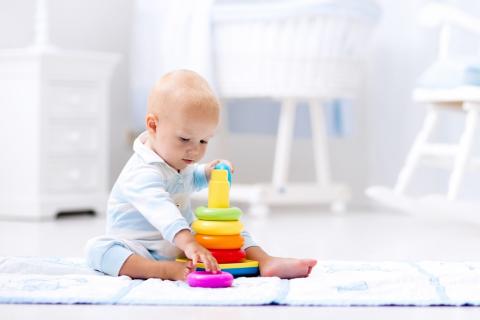
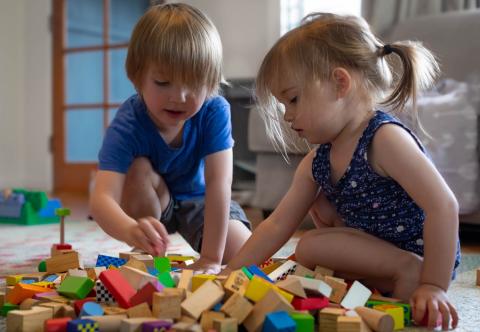

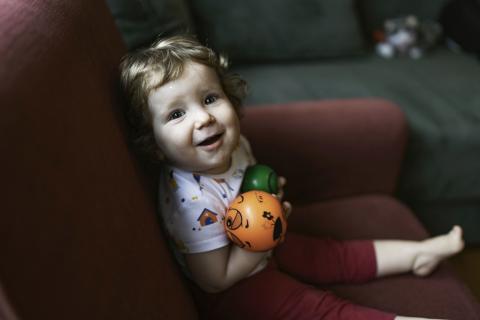
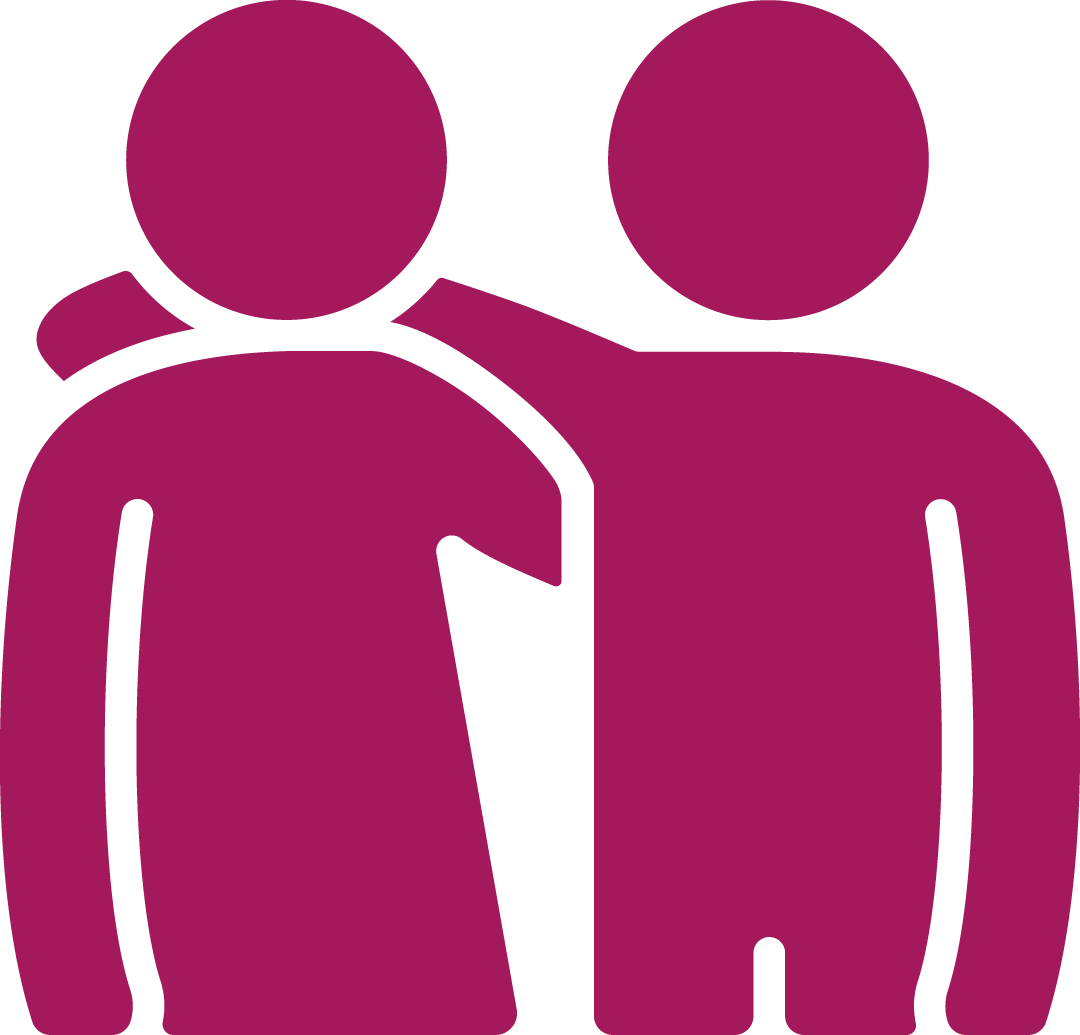 Family, Friends & Relationships
Family, Friends & Relationships
 Mental Health & Wellbeing
Mental Health & Wellbeing